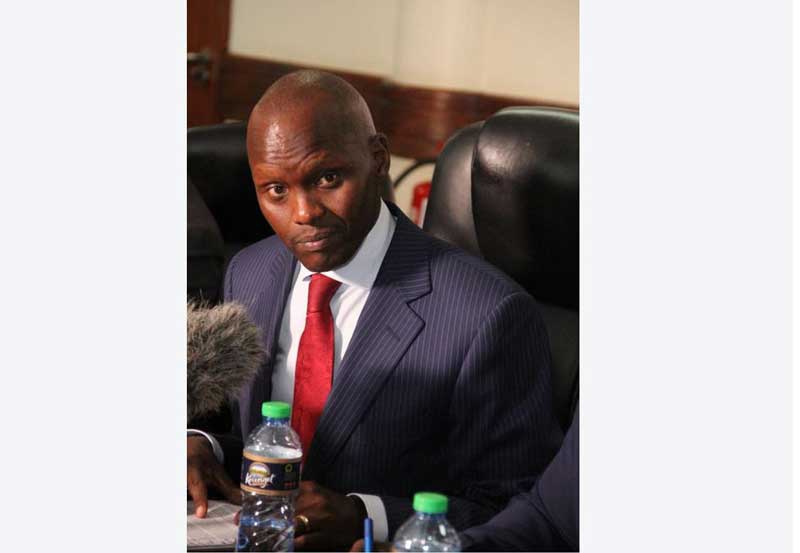×
The Standard e-Paper
Fearless, Trusted News

The controversial Sh48 billion upgrade of the Mombasa-Nairobi pipeline- also known as Line 5- will be completed next month. Kenya Pipeline Company (KPC) Managing Director Joe Sang said yesterday.
Sang told the Senate Energy Committee that the final testing of the project - first pumping in water- was ongoing and that the pipeline will be put to full use by the end of July.